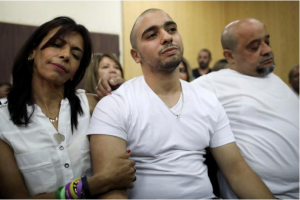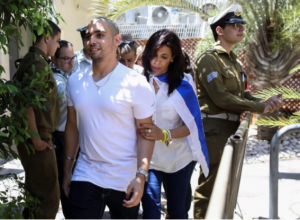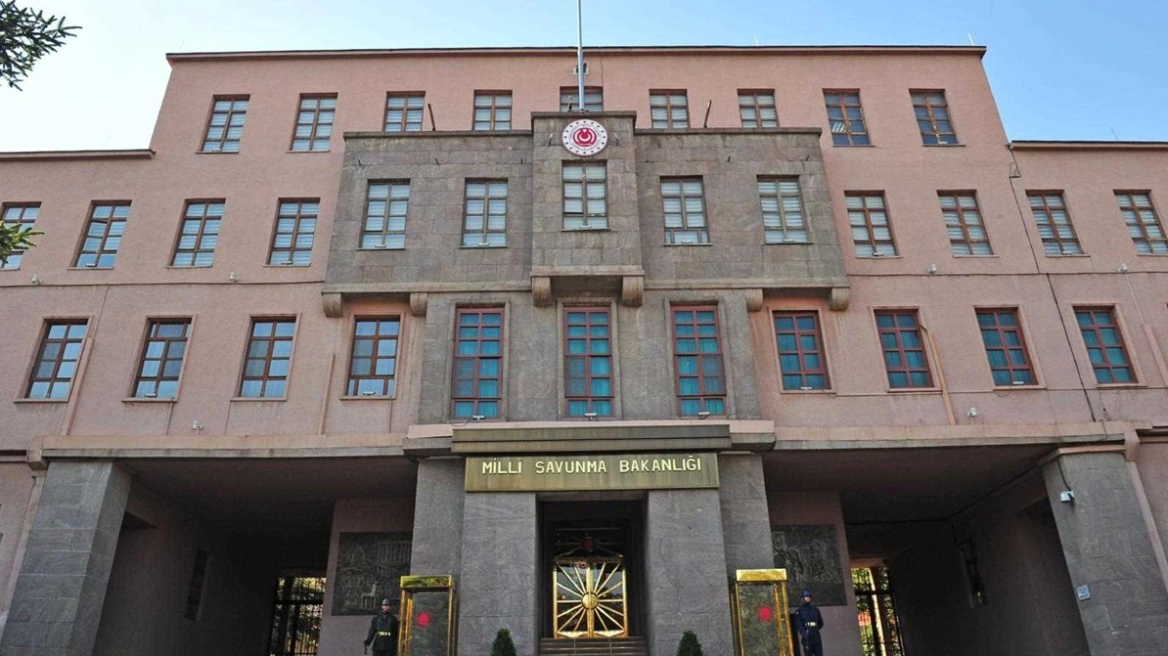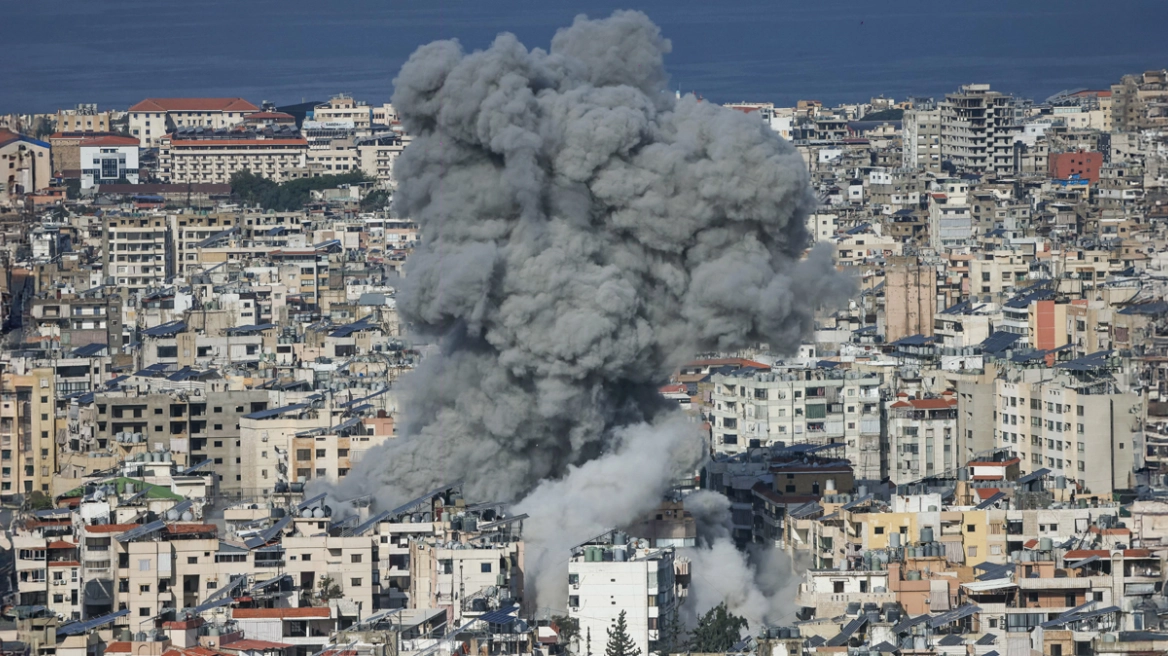An Israeli military appeal court upheld a manslaughter conviction and 18-month jail sentence on Sunday for a former army conscript who killed an incapacitated Palestinian assailant in the occupied West Bank.
In one of the most divisive trials in the Israel’s history, the panel of judges, including field generals, rejected challenges lodged by Elor Azaria, who says he had acted in line with defense doctrines.
“Values have been greatly damaged by the defendant’s actions,” the chief judge, Major-General Doron Feiles, said in reading out the ruling. “This was a forbidden and immoral act.”
Prime Minister Benjamin Netanyahu and Defence Minister Avigdor Lieberman, however, said the ex-soldier should be pardoned.
In March 2015, Azaria was serving as an army medic in the town of Hebron in the occupied West Bank when two Palestinians stabbed and wounded another soldier. One of the assailants was shot dead by troops. The other was shot and wounded.
Eleven minutes later, as the wounded man, Abd Elfatah Ashareef, 21, lay on the ground unable to move, Azaria, then 19, took aim with his rifle and fatally shot him in the head. The incident was captured on video by a Palestinian rights activist.
Azaria became a cause celebre, backed by right-wingers in Israel, where most Jewish men and women are drafted at 18 for military service. One poll found that nearly half of the Jewish majority believed any Palestinian attacker should be killed on the spot.
The Palestinian government said the 18-month jail term had given Israeli soldiers a “green light” to kill with impunity. The appeals court rejected an application by military prosecutors to increase the sentence to between three and five years. Under Israeli law, manslaughter can carry a maximum 20-year-sentence.
Human Rights Watch cautiously welcomed Sunday’s ruling.
“Upholding the conviction of a soldier convicted of fatally shooting a man who posed no threat sends an important message about restrictions on lethal use of force,” said Sari Bashi, Israel and Palestine advocacy director for the rights group.
As Azaria arrived, dressed in a white T-shirt, in the court at the Defence Ministry complex in Tel Aviv, his supporters demonstrated outside. His mother draped herself in the Israeli flag.
Since his arrested for the Hebron shooting, Azaria was confined to his base for months and, on discharge from the military two weeks ago, was placed under house arrest.
Defence lawyers had suggested that, should their appeals fail, they could take the case to the Supreme Court or ask the president, Reuven Rivlin, to pardon Azaria.
But Rivlin and Lieberman, the defense minister, urged the Azaria family to ask Israel’s top general, Gadi Eizenkot, for a pardon instead.
“I have no doubt that the chief of staff will take all of the difficult circumstances, and the fact that he (Azaria) was an exemplary soldier, into consideration,” Lieberman tweeted.
Netanyahu tweeted: “I will relay my recommendation for a pardon to the relevant parties when the matter comes up for meaningful discussion.”
Ask me anything
Explore related questions







